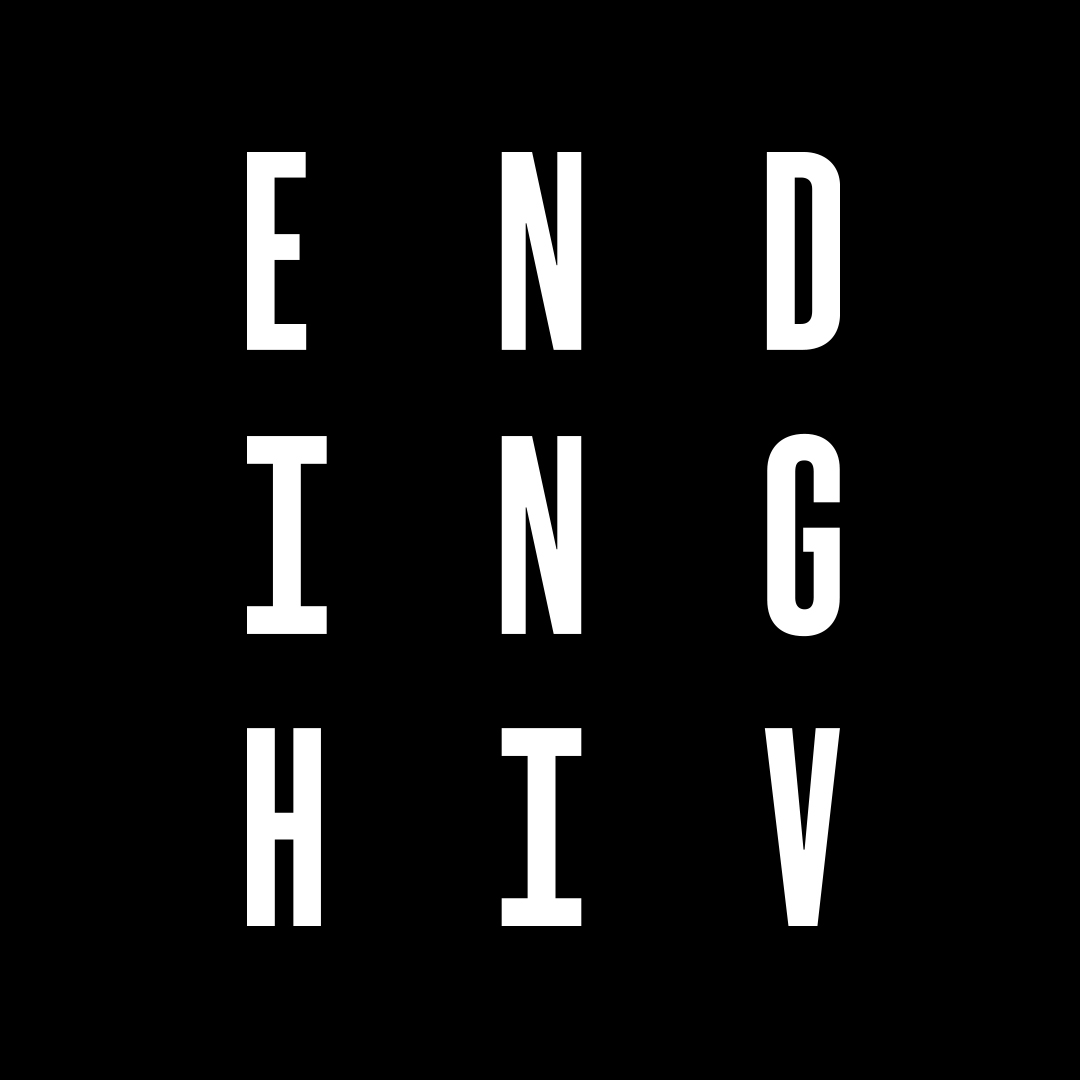5 tips for using PEP effectively
Think you might have put yourself risk? Read on about PEP.
You’ve just had a hot night, but weren’t as safe as you could have been, and now you’re thinking about the possibility that you might have been exposed to HIV. If so, PEP may be your answer.
Post-Exposure Prophylaxis (PEP) is a four week course of anti-HIV medications taken daily (in pill form) that can potentially stop HIV infection after exposure. PEP must be started within 72 hours of exposure though the sooner you start taking it the better.
1. Know when to use PEP
You should consider getting PEP to stop HIV as soon as possible if you have:
- Had a condom break during anal sex
- Had anal sex with no condom in particular if you’re were bottoming and your partner ejaculated in your arse, or
- Shared syringes for injecting any substance
In any case call the 24/7 PEP hotline: 1800 PEP NOW (1800 737 669) as soon as you think you’ve been exposed to HIV.
2. Know when NOT to use PEP
PEP is not recommended after oral sex or other low risk activities, such as kissing. If you’re not sure how risky it might have been, make sure you know the risk and talk to a healthcare professional or call the PEP hotline. Though it might not be a risk for HIV, you could still pick up other STIs which is why it’s important that all sexually active gay men test often; at least twice a year and more if you have a lot of partners.
3. Give yourself the best chance of PEP working
To be most effective, PEP should be started within a few hours of exposure to HIV. If it is not started within 72 hours (3 days) it is not likely to work. So the sooner it’s started after exposure, the greater the chance of working.
Make sure you complete the full course of treatment as well to give yourself the best odds against infection: take your medication every day for one month without missing a dose and do not stop taking your prescribed doses without talking to your doctor.
4. Understand the potential side effects of PEP
As with most antiretroviral drugs, PEP can cause side effects such as diarrhoea, headaches, nausea/vomiting and fatigue. However these are usually mild and generally only last a few days with no long-term side effects. Speak with your GP or sexual health clinic if you have any concerns.
5. Plan for the future
There is no guarantee that PEP will prevent infection. In any case, we recommend you to continue to stay safe.
There are now at least five strategies that ACON defines as ‘safe sex’, provided that certain parameters are met. They are:
- The use of condoms for casual encounters
- PrEP: HIV negative men taking pre-exposure prophylaxis (PrEP), using one of three proven dosing methods (daily, on-demand or periodic).
- UVL: Men living with HIV who have a sustained undetectable viral load (UVL) and no sexually transmissible infections (STIs) for at least six months
- Use of serosorting between HIV positive men, and
- Negotiated safety agreements, where both partners have established their sero-status and have had no risk incidents
If you think you may have been exposed to HIV you should consider getting PEP now. Contact your local sexual health clinic, hospital accident and emergency department or the 24 hour PEP hotline 1800 PEP NOW (1800 737 669).
